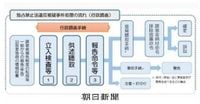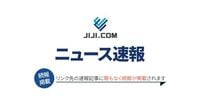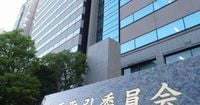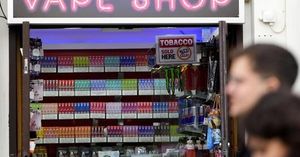The Fair Trade Commission of Japan is poised to issue a warning to 15 high-end hotel companies operating in Tokyo, amid allegations of potential violations of the Antimonopoly Law. The commission's concerns stem from reports that these hotels have been exchanging sensitive information that could lead to a price-fixing cartel.
According to sources, representatives from prestigious establishments such as the Imperial Hotel and Hotel New Otani have been meeting approximately once a month to discuss various operational metrics, including occupancy rates, average room prices, and reservation statuses. These gatherings, informally dubbed "FR (Front Reservation) meetings," have reportedly been taking place for several decades, with the location rotating among the participating hotels.
The Antimonopoly Law is designed to promote free competition and prevent businesses from colluding to fix prices, which is classified as a "cartel" and is strictly prohibited. The Fair Trade Commission suspects that the exchange of detailed management strategies and pricing information at these meetings could facilitate a price-fixing arrangement among the hotels.
As part of its intervention strategy, the Fair Trade Commission is expected to notify each hotel of its warning by April 15, 2025. Following this notification, the commission will allow the hotels to present their opinions before making a final determination on the matter. This approach is intended to encourage a swift correction of the alleged practices without escalating to formal sanctions.
The warning process is a critical mechanism under the Antimonopoly Law, which aims to ensure that businesses engage in fair competition. If the commission finds sufficient evidence of wrongdoing, it can issue cease and desist orders or impose fines. However, even in cases where evidence is lacking, the commission may still issue a written warning if it believes there is a risk of anti-competitive behavior.
Interestingly, the practice of sharing sensitive business information is not limited to luxury hotels. There are indications that similar exchanges may occur among business hotels and other establishments within the same geographic area, raising broader concerns about potential collusion across the hospitality sector in Tokyo.
The hotels involved in this investigation include a range of prestigious names such as Asakusa View Hotel, Grand Nikko Tokyo Daiba, Keio Plaza Hotel Tokyo, The Prince Park Tower Tokyo, and others. The commission's scrutiny of these establishments underscores the importance of maintaining competitive integrity in the hospitality industry.
In recent years, the Fair Trade Commission has ramped up its efforts to enforce antitrust regulations, reflecting a growing commitment to ensuring that consumers benefit from competitive pricing and quality service. This latest warning serves as a reminder of the vigilance required to uphold these standards in a rapidly changing market.
As the commission prepares to finalize its warning, industry stakeholders are closely monitoring the situation. The outcome could have significant implications not just for the involved hotels but for the broader landscape of competition within Japan's hospitality sector.
In summary, the Fair Trade Commission's planned warning to 15 Tokyo hotels highlights serious concerns regarding potential price-fixing practices. As the commission seeks to uphold the principles of fair competition, the hospitality industry must navigate the delicate balance between collaboration and compliance with antitrust laws.






